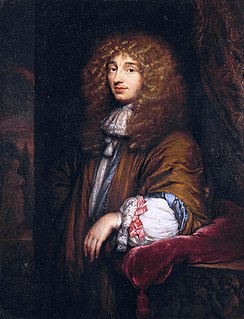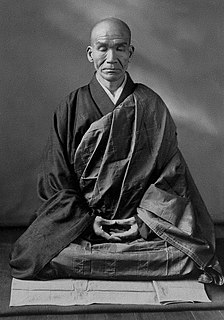A Quote by Stephen Jay Gould
Einstein's theory of gravitation replaced Newton's, but apples did not suspend themselves in mid-air, pending the outcome. And humans evolved from apelike ancestors whether they did so by Darwin's proposed mechanism or by some other yet to be discovered.
Related Quotes
Facts and theories are different things, not rungs in a hierarchy of increasing certainty. Facts are the world's data. Theories are structures of ideas that explain and interpret facts. Facts do not go away while scientists debate rival theories for explaining them. Einstein's theory of gravitation replaced Newton's, but apples did not suspend themselves in mid-air pending the outcome.
A priori one should expect a chaotic world which cannot be grasped by the mind in any way... The kind of order created by Newton's theory of gravitation...is wholly different. Even if the axioms of the theory are proposed by man, the success of such a project presupposes a high degree of ordering of the objective world.... That is the "miracle" which is being constantly reinforced as our knowledge expands.
I esteem his understanding and subtlety highly, but I consider that they have been put to ill use in the greater part of his work, where the author studies things of little use or when he builds on the improbable principle of attraction. Writing about Newton's Principia. Huygens had some time earlier indicated he did not believe the theory of universal gravitation, saying it 'appears to me absurd.'
Darwin and his successors have railed against the fallacy of confusing the current utility of a trait with the reason the trait evolved. For example, Darwin argued that skull sutures in mammals did not evolve because they facilitate live birth; the sutures were in place well before live birth evolved. Checking the chronological order in which different traits evolved in a lineage is one way to test an adaptive hypothesis; the fact of common ancestry is what makes that checking possible.
The test of science is not whether you are reasonable—there would not be much of physics if that was the case—the test is whether it works. And the great point about Newton’s theory of gravitation was that it worked, that you could actually say something about the motion of the moon without knowing very much about the constitution of the Earth.
When you ask why did some particular question occur to a scientist or philosopher for the first time, or why did this particular approach seem natural, then your questions concern the context of discovery. When you ask whether the argument the philosopher puts forth to answer that question is sound, or whether the evidence justifies the scientific theory proposed, then you've entered the context of justification. Considerations of history, sociology, anthropology, and psychology are relevant to the context of discovery, but not to justification.
Epitaph on Newton: Nature and Nature's law lay hid in night: God said, "Let Newton be!," and all was light. [added by Sir John Collings Squire: It did not last: the Devil shouting "Ho. Let Einstein be," restored the status quo] [Aaron Hill's version: O'er Nature's laws God cast the veil of night, Out blaz'd a Newton's soul and all was light.
Darwin theorized that mankind (both male and female) evolved alongside each other over millions of years, both reproducing after their own kind before the ability to physically have sex evolved. They did this through "asexuality" ("without sexual desire or activity or lacking any apparent sex or sex organs"). Each of them split in half.
Let me lay my cards on the table. If I were to give an award for the single best idea anyone ever had, I'd give it to Darwin, ahead of even Newton or Einstein and everyone else. In a single stroke, the idea of evolution by natural selection unifies the realm of life, meaning, and purpose with the realm of space and time, cause and effect, mechanism and physical law. It is not just a wonderful idea. It is a dangerous idea.
I did some reading to prep for Expelled. I read one book cover to cover, From Darwin to Hitler , and that was a very interesting book - one of these rare books I wish had been even longer. It's about how Darwin 's theory - supposedly concocted by this mild-mannered saintly man, with a flowing white beard like Santa Claus - led to the murder of millions of innocent people.
Our physiological constitution is obviously a product of Darwinian processes, insofar as you buy the evolutional theory as a generative, as an account of the mechanism that generated us. Our physiology evolved, our behaviors evolved, and our accounts of those behaviors, both successful and unsuccessful, evolved.



































